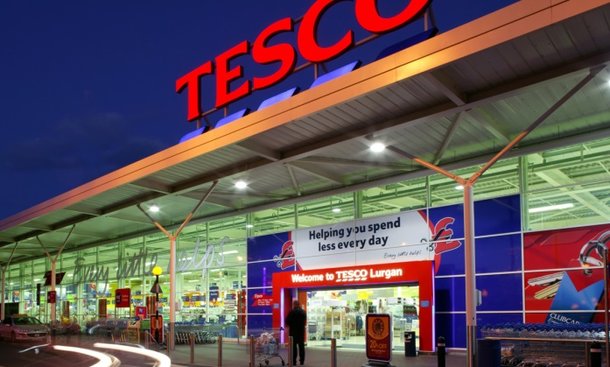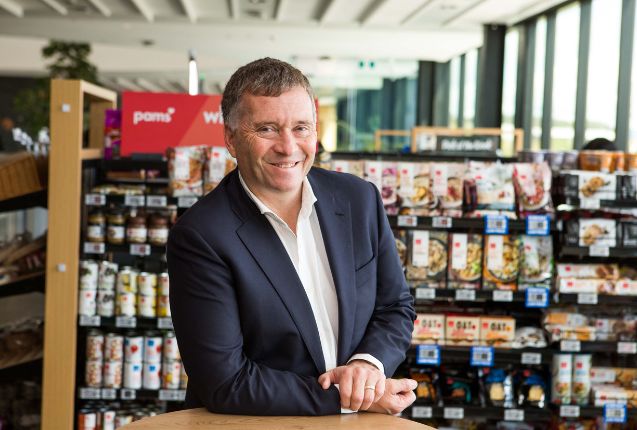 A Tesco-Booker merger now has the all clear – and the wholesale convenience market in the UK will never look the same again.
A Tesco-Booker merger now has the all clear – and the wholesale convenience market in the UK will never look the same again.
Tesco’s £3.7bn takeover of cash-and-carry group Booker has been given the provisional go-ahead by the competition watchdog despite rivals warning the deal could drive them out of business. After spending six months analysing evidence from competitors, the Competition and Markets Authority (CMA) has concluded the merger of Tesco and Booker – the UK’s biggest retailer and grocery wholesaler respectively – is not bad news for shoppers and diners.
Despite its “provisional unconditional clearance” of the deal, the wholesale convenience market still has a lot to be concerned about from the scale of operation and buying power that the deal generates. Clearance was based on the lack of overlap in the supplied catering division which accounts for 30% of Booker’s sales, and the fact that any price competition would be beneficial for consumers and wouldn’t push other players out of the market.
Although there was very little doubt that the deal would go ahead, the market anticipated that there may be some conditions attached to the process, such as the divestment of some stores, or restrictions on operation in order to avoid monopoly of the UK food retail market.
Wholesale consolidation in the UK has come as grocers desperately seek growth in a mature market with high cost inflation and an increasingly discerning consumer. Sweating assets has become the focus, and in the case of all three wholesale mergers (Tesco, Co-op, and Morrisons), operating in wholesale supply will allow excess capacity to be utilised within the supply chain. As a result, supply becomes a high return on capital invested venture, something which is only otherwise offered in successful franchises within food retail.
Two excellent CEOs who have commanded a turnaround and successful growth, respectively, of Tesco and Booker are coming together to run a food retail behemoth, comments Molly Johnson-Jones, Senior Retail Analyst at GlobalData.
She says: “The food & grocery market should be worried, but it won’t be impossible to survive given that product differentiation, foodservice, other services, and location are key in the convenience market. Tesco-Booker will be unlikely to be able to expand materially, given its existing store portfolio, but it will drive down margins with its sourcing advantage, and be able to invest in stores with the synergies released from the deal, and create a ubiquitous UK brand across food wholesale and retail.”



